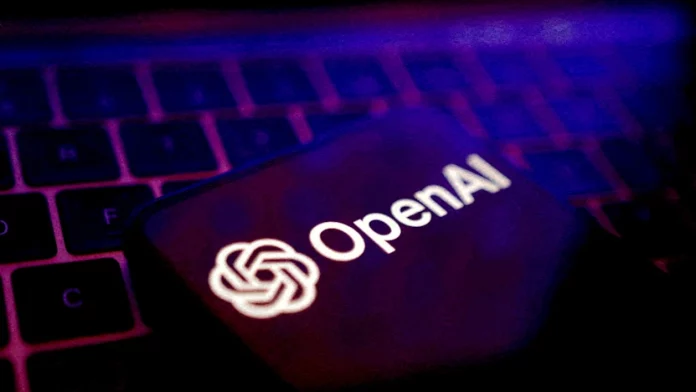OpenAI is once again facing questions about user privacy — this time over claims that personal ChatGPT chats were inadvertently exposed through Google Search Console (GSC). The reports suggest that private prompts submitted to the chatbot somehow appeared in GSC data, making them visible to anyone with access to that system.
For context, GSC is a tool developers use to monitor web traffic and site performance. It’s hardly the place where anyone expects personal conversations with an AI to appear. According to Ars Technica, OpenAI has since resolved the issue, explaining that a glitch caused a small number of search queries to be temporarily routed through GSC. The company emphasized that the problem was limited in scope.
Some have speculated that the incident could be connected to OpenAI scraping Google for information to improve responses. While OpenAI neither confirmed nor denied this, Jason Packer, founder of the consulting firm Quantable — one of the first to report the issue in October — suggested that such scraping might explain the unexpected GSC entries.
The privacy problem behind AI chatbots
Even with OpenAI’s assurances, Packer remains skeptical that the issue is fully resolved, particularly if data scraping continues. Web scraping has become a common practice for AI developers seeking to enhance responsiveness, but it has also led to legal challenges when done without permission. Other companies, like Perplexity, have faced similar scrutiny over data collection practices.
This event is part of a broader pattern for AI chatbots, which have repeatedly faced privacy and legal controversies — from court-ordered data disclosures to lawsuits over emotional harm. As people increasingly turn to chatbots like ChatGPT for companionship or advice, the stakes around privacy continue to rise. OpenAI has tried to discourage personal use cases following past tragedies, but new concerns keep emerging.
The reality is that online chatbots are not private spaces. Once you share information with them, you lose control over where that data might end up. Users who rely on AI chatbots should proceed with caution, sharing only what they’d be comfortable seeing in public. In the world of AI, even a “small glitch” can lead to big exposure.





